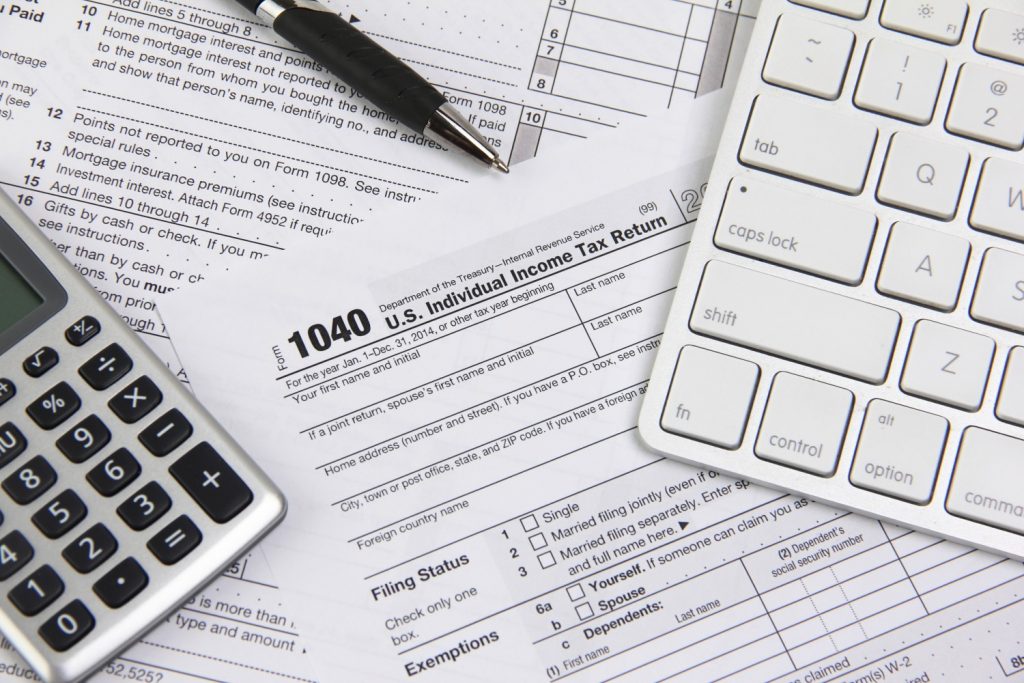Student loan debt is the fastest-growing type of debt in the U.S. More than 43 million Americans carry federal student loan debt, with an average balance of more than $37,000.
When the Biden Administration announced last week that it would forgive some of that debt, many borrowers felt a sense of relief. But they may also wonder if there will be other repercussions.
Debt cancellation is generally considered income. The American Rescue Plan excludes federal student loan relief as taxable income through 2025. However, several states don’t fully conform to that provision and have the option of collecting taxes on the canceled debt amounts.
Now, the Mississippi Department of Revenue has confirmed that the canceled debt will be subject to state income taxes. The Tax Foundation, the nation’s leading independent tax policy nonprofit, predicts that five other states might follow suit.
According to the Tax Foundation, the following five states might tax forgiven student loans:
- Arkansas
- Massachusetts
- Minnesota
- North Carolina
- Wisconsin
The Arkansas Department of Finance and Administration told Bloomberg it would decide within the next few days.
“Our Department is currently reviewing whether debt forgiveness in this scenario — via executive order — is subject to state income tax in Arkansas,” the agency told Bloomberg in an email.
Minnesota state revenue officials also say that, without legislative action, student loan forgiveness will be taxable. Minnesota State Sen. Carla Nelson says she will push to pass tax conformity at the start of the session.
“I think that should be one of the first bills out the door, next session,” Nelson told KARE 11 News. “Just like we did with unemployment insurance — not taxing those unemployment insurance benefits — or not taxing those Pandemic PPP loans, we felt the same the same about the forgiven student loans.”
North Carolina would also have to change its tax law.
The Wisconsin Department of Revenue told Bloomberg it would address the subject in its upcoming biennial budget.
Massachusetts has not yet announced how it will proceed.
“The state, like other states is waiting for federal guidance in how it’s going to work and once we get the guidance we’ll basically interpret that in terms of existing state law. I don’t know the answer at this point,” Massachusetts Gov. Charlie Baker told WWLP.








